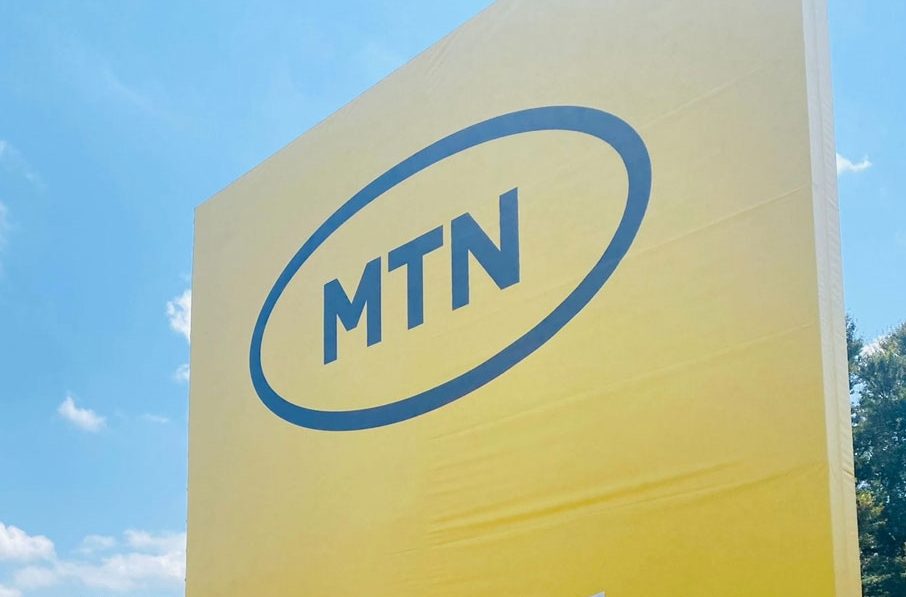MTN Group's subsidiary, Bayobab Group, has announced that its operations are back to normal after subsea cable disruptions on Thursday.
The telecom company shared this information in a statement on Tuesday.
MTN stated that despite the challenges from the cable disruptions, its subsidiary quickly recovered over 3 Terabits per second (Tbps) of capacity across its operations.
By efficiently rerouting traffic and activating new cables, the company strengthened its network resilience, ensuring that services continued for its customers.
The statement says, “As of March 19, 2024, Bayobab Group, a subsidiary of MTN Group, has successfully restored its operations, recovering over 3 Terabits per second (Tbps) of capacity across our footprint.
“Although the recent subsea cable disruptions on 14 March 2024 presented challenges, we have demonstrated our capabilities to maintain a resilient network and efficiently reroute traffic.
“Throughout this challenging period, we prioritised the restoration of services by swiftly activating new cables to increase inter-connectivity and establish alternative routes, thereby bolstering our network resilience.
“This approach solidifies our commitment to prioritising network reliability and our dedication to connecting Africa and our customers as quickly as possible, marking the final stretch toward connecting all our valued customers.
“Bayobab’s ecosystem facilitates secure and scalable global traffic within Africa and the rest of the world serving 19 MTN markets, third-party Mobile Network Operators, Technology corporations and other Telecoms Service Providers,” the company stated.
Cuts to the undersea cable supplying broadband Internet connectivity to Nigeria and countries in the West African sub-region forced many banks, financial institutions, telecom companies, and allied firms to scale down their operations last Thursday.
The West African Cable System and African Coast to Europe on the West Coast route from Europe have experienced faults, along with SAT3 and MainOne, due to the cable cut.
Over the weekend, telcos, banks, and other financial institutions redirected their traffic to other service providers to mitigate the impact of the disruption.
The Nigerian Communications Commission announced on Monday that services had been restored to about 90 per cent of their peak utilisation capacities.
The statement says, “Following the disruption on March 14, 2024, which affected data and voice services due to cuts in undersea fibre optics along the coasts of Cote d’Ivoire and Senegal, we are pleased to announce that services have now been restored to approximately 90 per cent of their peak utilization capacities.”
Earlier, Gbenga Adebayo, the Chairman of Association of Licensed Telecommunications Operators of Nigeria, had told The PUNCH that services would be fully restored today.
The chairman stated that services will be fully restored tomorrow based on the progress observed. There are several submarine cables connected to Nigeria, with some passing through the Ivory Coast and Senegal.
Other cables are routed in different directions. Therefore, the incident only affected that specific route.
The other operators unaffected by the disruption improvised an alternative route. This is a common practice in network planning.



